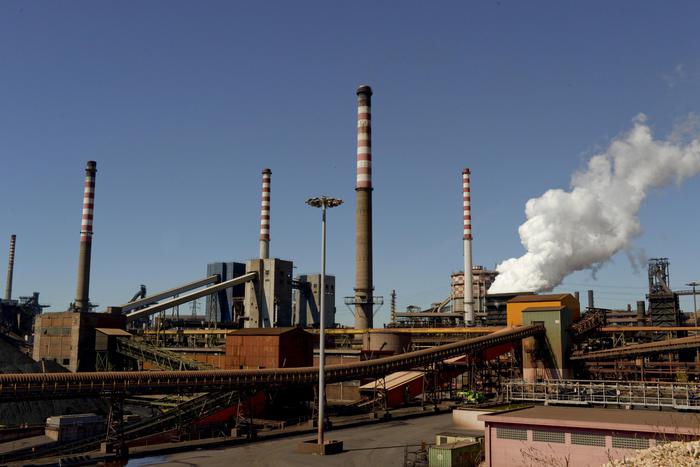The crisis tables opened throughout Italy in the year of the Covid 19 pandemic have fallen below 100. They were 150 18 months ago and have been reduced to 99, of which 64 active and 35 of 'monitoring', but the list risks return to grow.
This is the picture a few days after the oath and the trust granted by Parliament to the government led by Mario Draghi, which has already faced the first obstacles, from the former Ilva of Taranto to the Whirlpool of Naples, from Alitalia to the former Embraco di Chieri (Turin).
A map of crisis tables that runs through the entire country from North to South, and which every day is enriched with new flags that can lead to problems of social stability, generating real tensions in the territory.
The most recent are in Lombardy, in the province of Como, with the Henkel of Lomazzo, and in the province of Lecco, with the Sicor-Teva of Bulciago.
Both are Italian subsidiaries of multinationals, the first of the German chemical giant Henkel, the second of the Israeli pharmaceutical group Teva Pharmaceutical.
In the first case, 81 direct jobs are at risk, rising to 150 including related industries, in the second 109.
Instead, the crisis of the RCF of San Benedetto del Tronto (Ascoli Piceno) seems to have been resolved, with the recent reversal of the owner of the RCF of Reggio Emilia Arturo Vicari, who confirmed that he no longer wants to close the Marche plant, which audio will become a 'pole of electronics'.
The unions are instead working to resolve the crisis of the Corneliani of Mantua, in the fashion sector, which, explains the general secretary of the Femca-Cisl of Lombardy Paolo Ronchi, involves 500 workers.
"We are working with a new entrepreneur", says the trade unionist who, for the textile sector alone, indicates a percentage of workers at risk, according to the projections of the unions, equal to "20% in Lombardy and 30% in Italy" and today "we cannot lose further potential".
The giants such as the ex-Ilva of Taranto are flanked by small or medium-sized companies and even multinationals, trying to some extent to "circumvent" the blocking of layoffs through the proclamation of states of crisis.
"The blockade - Ronchi points out - does not prevent the closure of a company or individual dismissal with conciliation today".
But the system also suffers from another evil, the absence of training.
According to the trade unions, in Lombardy, for example, "today there is a lack of 100 thousand specialized figures", a shortage that can also extend to other parts of the country.
"Soon - explains the general secretary of the Fim-Cisl of Lombardy Mirko Dolzadelli - there will be the problem of the turnover of babyboomers and today there are no specialized workers".
The trade unionist believes it is necessary "to invest in training to relaunch the industry, the only sector capable of ensuring the recovery of the economy".
"In the 2008 crisis - he explains - it was the tertiary sector that reabsorbed the jobs lost by the industry, but converting workers from the tertiary sector to industry today is more difficult" without training them adequately.

